Europe on edge as Nord Stream Russian gas link enters shutdown
The largest single pipeline carrying Russian gas to Germany has been shut down for an annual maintenance which is expected to last ten days, amid fears that the closure may be extended due to the Ukraine conflict.
Operator Nord Stream AG confirmed the shutdown started as planned on Monday and that gas flows would drop to zero a few hours later. Maintenance runs from July 11 to 21. The Nord Stream 1 pipeline transports from Russia 55 billion cubic meters (bcm) a year of gas to Germany under the Baltic Sea.
Europe, however, fears that Moscow may extend scheduled maintenance to further limit European gas supply, throwing plans to fill storage for winter into disarray and intensifying a gas crisis that has triggered emergency measures from European governments and painfully high bills for consumers.
German Economy Minister Robert Habeck has warned that the country should face the possibility that Russia will suspend gas flows through Nord Stream 1 beyond the scheduled maintenance period.
“Based on the pattern we’ve seen, it would not be very surprising now if some small, technical detail is found and then they could say ‘now we can’t turn it on anymore,’” he claimed at an event at the end of June.
“The last few months have shown one thing: Putin knows no taboos. A complete halt to gas supplies through the Nord Stream pipeline cannot therefore be ruled out,” managing director of German industry association Zukunft Gas, Timm Kehler, further claimed.
Kremlin spokesperson Dmitry Peskov, however, rejected claims that Moscow was using oil and gas to exert political pressure, reiterating that the maintenance shutdown was a regularly scheduled event and that no one was “inventing” any repairs.
In previous years, the annual maintenance period on Nord Stream 1 has lasted about 10-12 days and has finished on time.
It is not uncommon for additional faults to be detected during routine maintenance at pipelines or gas infrastructure and operators can extend outages if necessary.
This is while Russia cut flows to 40 percent of the pipeline’s total capacity last month, citing the delayed return of equipment being serviced by Germany’s Siemens Energy in Canada.
Canada announced this weekend that it would return a repaired turbine, while emphasizing that it would continue to expand sanctions against Russia’s energy sector.
Germany welcomed Canada’s decision to issue a “time-limited and revocable permit” to allow equipment to be returned for the Nord Stream 1 pipeline.
Siemens Energy said it was working on further formal approvals and logistics to have the equipment in place as soon as possible.
But Ukraine’s energy and foreign ministries expressed deep disappointment over the decision, calling on Ottawa to reverse the decision, claiming that it amounted to adjusting the sanctions imposed on Moscow “to the whims of Russia.”
There are other big pipelines from Russia to Europe. However, flows have gradually been falling as Ukraine shut down one gas transit route in May, accusing Russian forces of interference.
Meanwhile, Russia has cut off gas supplies to several European countries that refused to comply with its demand for payment in the country’s national currency, the ruble.
Economic consequences
Germany, meanwhile, has moved to stage two of a three-tier emergency gas plan, which is one step before the government rations fuel consumption.
It has further warned of a looming recession if Russian gas flows are cut off. The blow to the economy could be 193 billion euros ($195 billion) in the second half of this year, data from the VBW industry association of the state of Bavaria showed last month.
“The abrupt end of Russian gas imports would also have a significant impact on the workforce in Germany ... Around 5.6 million jobs would be affected by the consequences,” said Bertram Brossardt, VWB’s managing director.
The effects would yet deteriorate further. A total halt would keep European gas prices higher for longer, having already stung industry and households.
Wholesale Dutch gas prices, the European benchmark, have climbed by more than 400 percent since last July, with Dutch Energy Minister Rob Jetten insisting: “If Nord Stream gets cut off, or if Germany loses all its Russian imports, then the effect will be felt on the whole of north-western Europe.”
‘Ready for next round’: Million-man rally in Yemen backs Gaza, resistance
FM Araghchi departs Muscat for Doha following nuclear talks with US
Israeli keeps killing more Palestinian civilians in Gaza amid relentless ceasefire violations
Aliyev: Azerbaijani territory will not be used for threats against Iran
Turkey arrests two on charges of spying for Israeli regime
Iran FM declares ‘good start’ as US–Iran talks conclude in Muscat
Iran strongly condemns 'terrorist' mosque blast in Islamabad
Iran enters talks backed by national power, popular support: MP


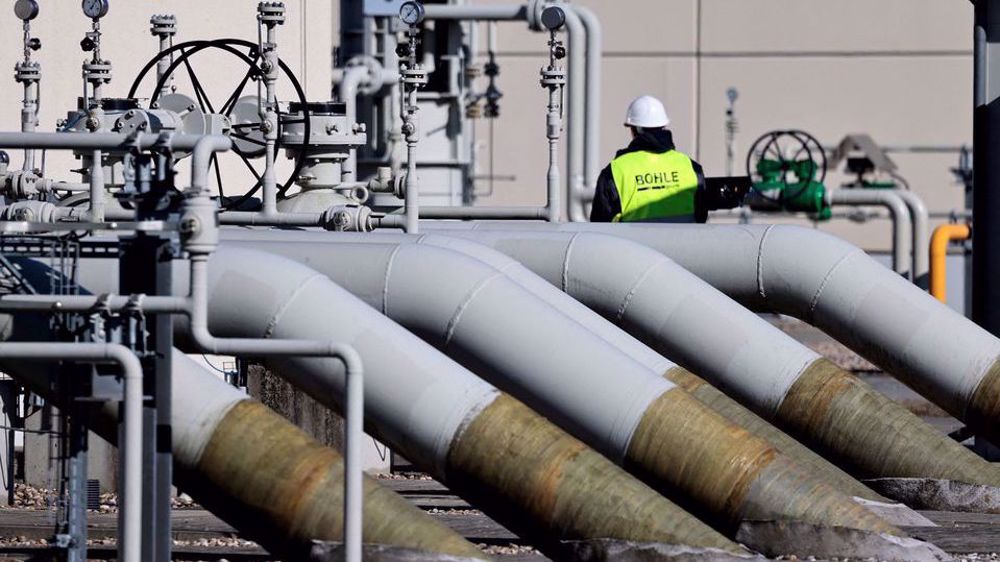
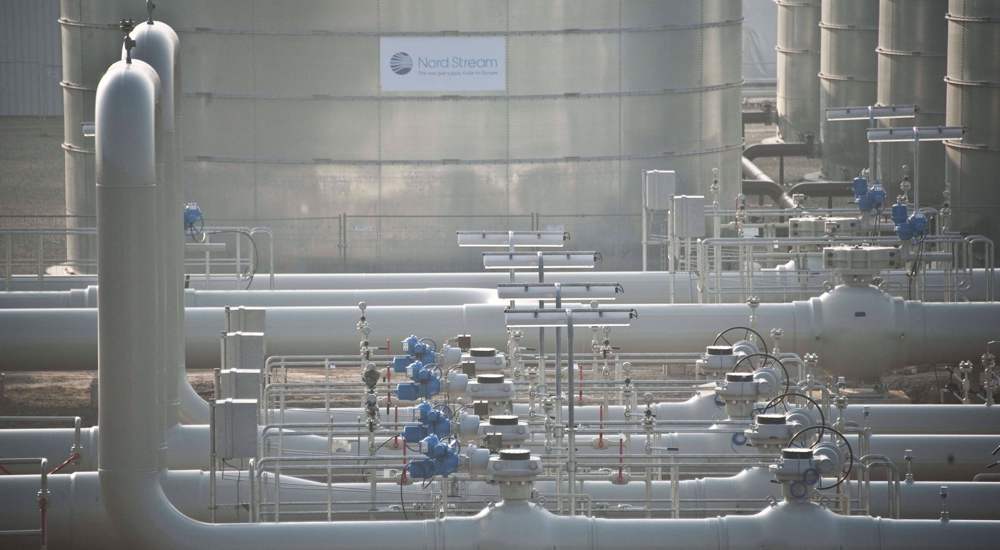
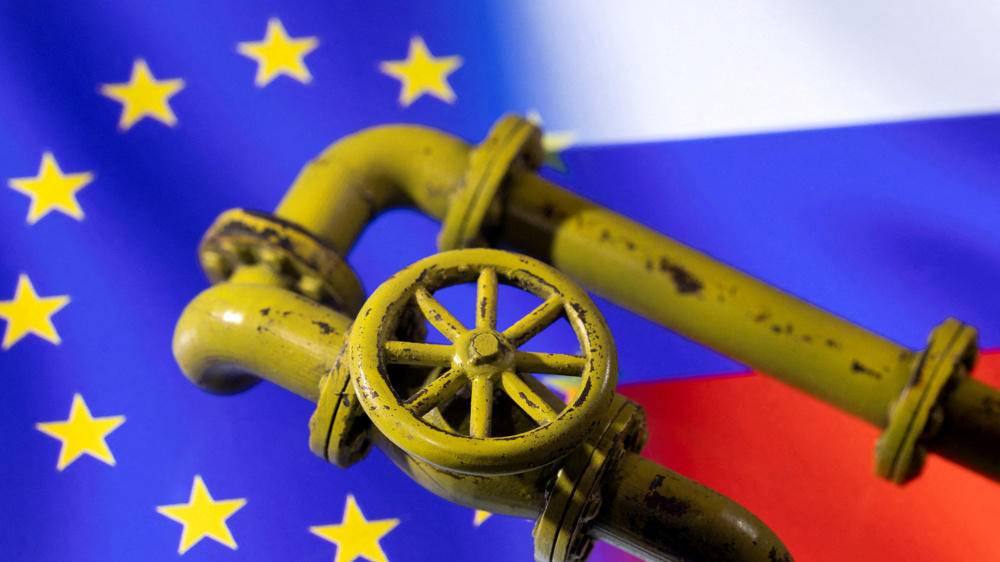
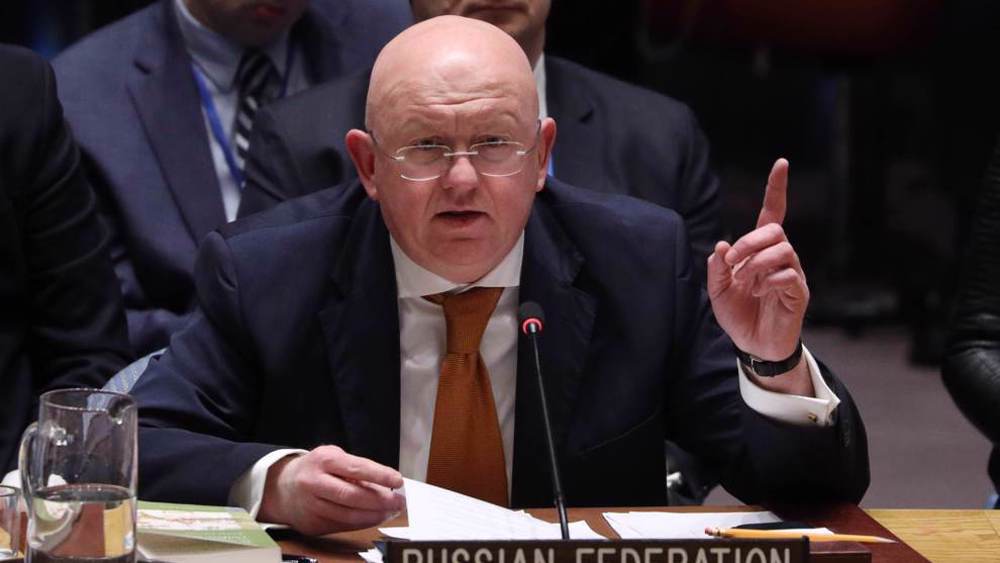
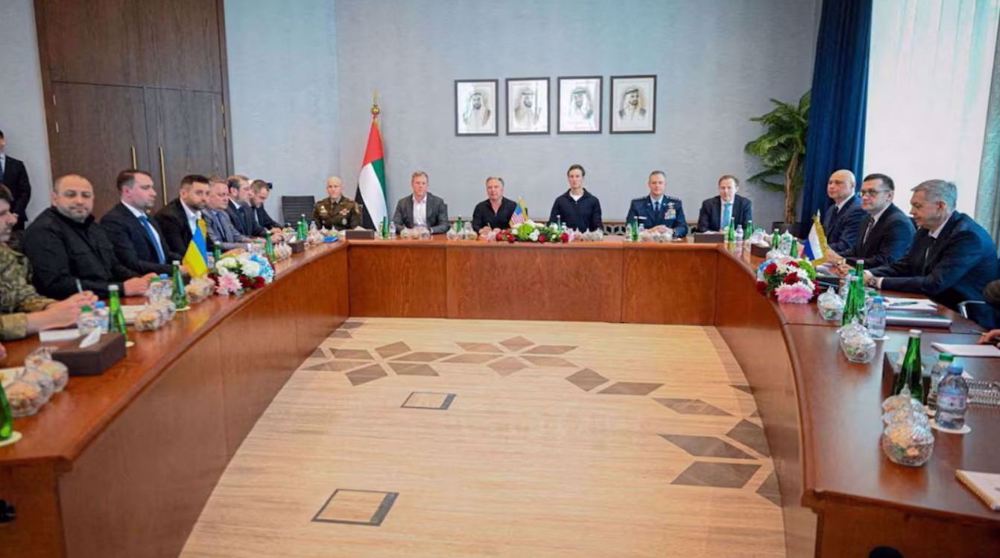
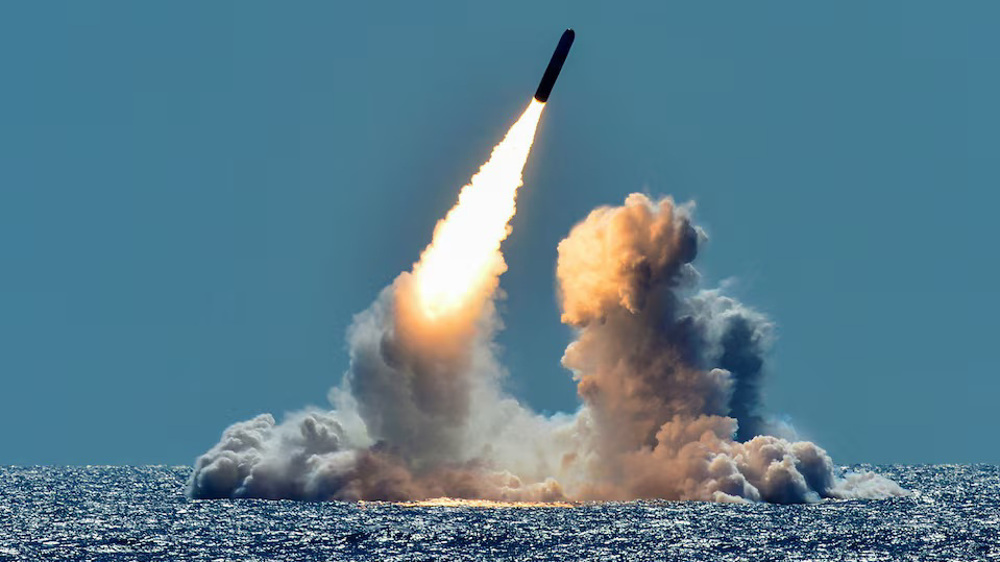



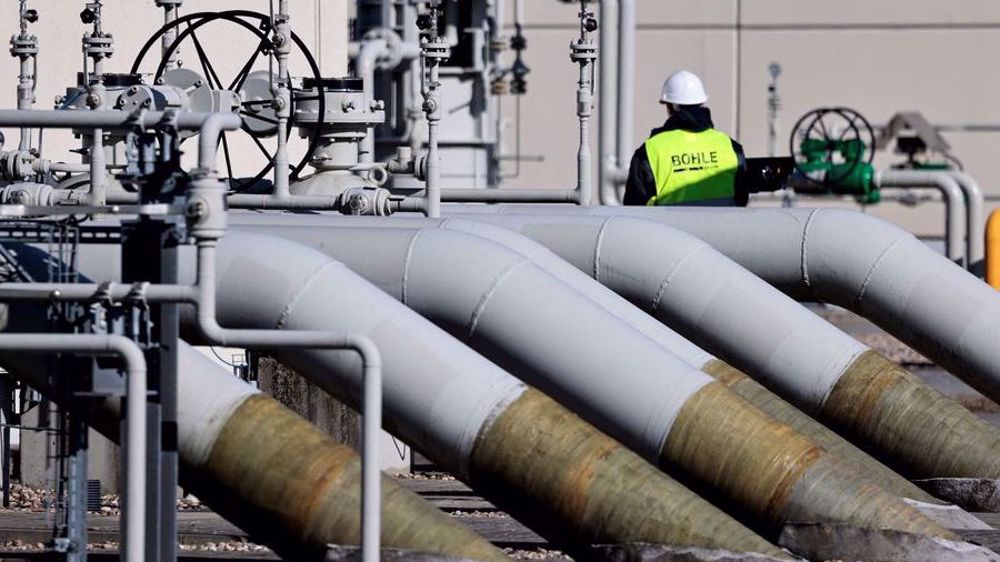
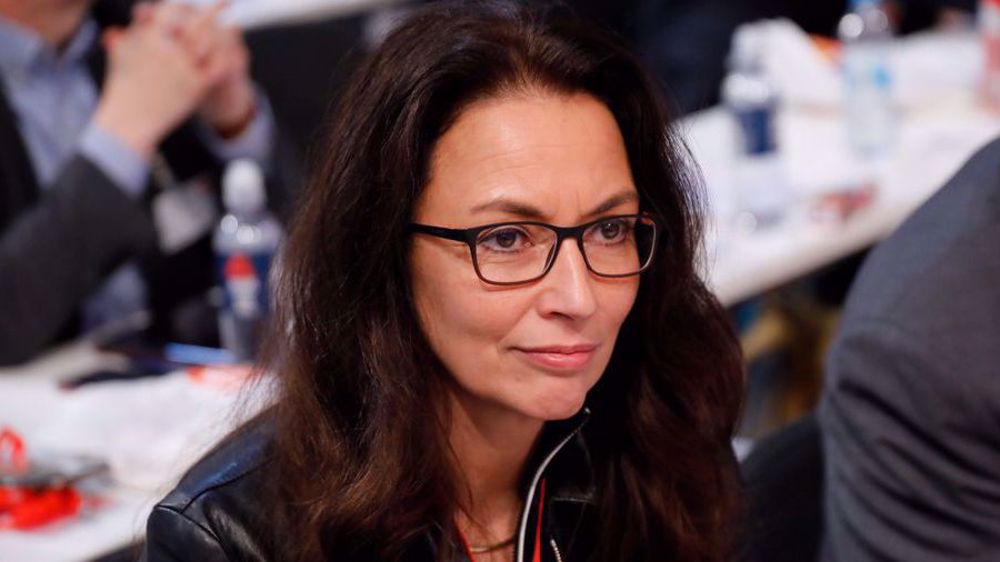
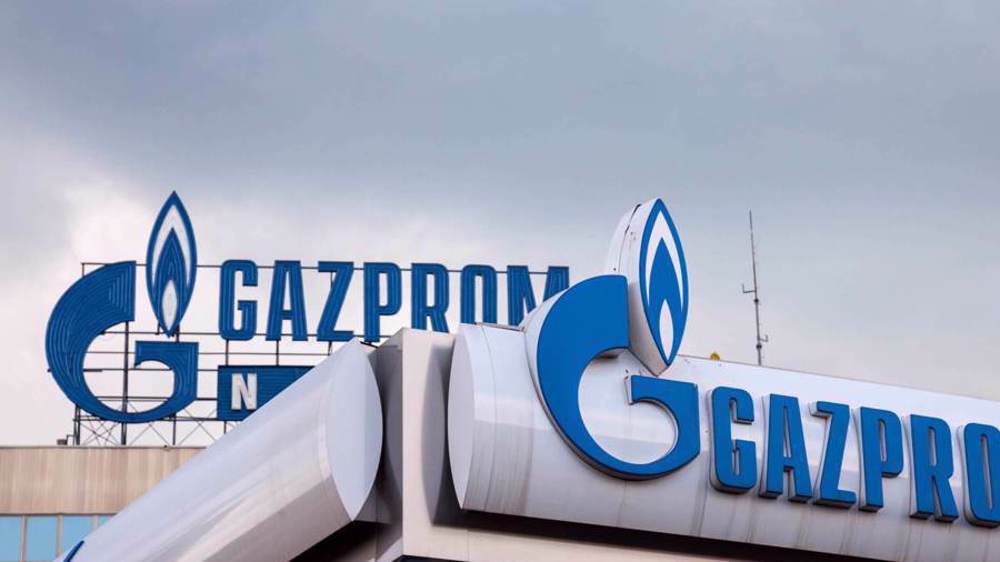

 This makes it easy to access the Press TV website
This makes it easy to access the Press TV website